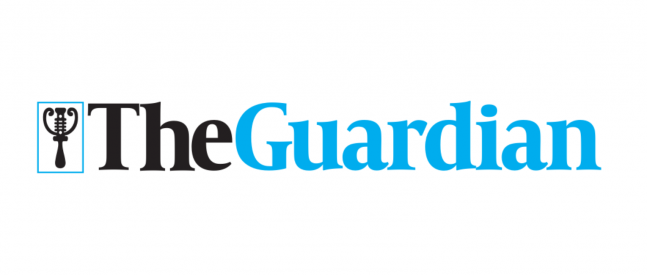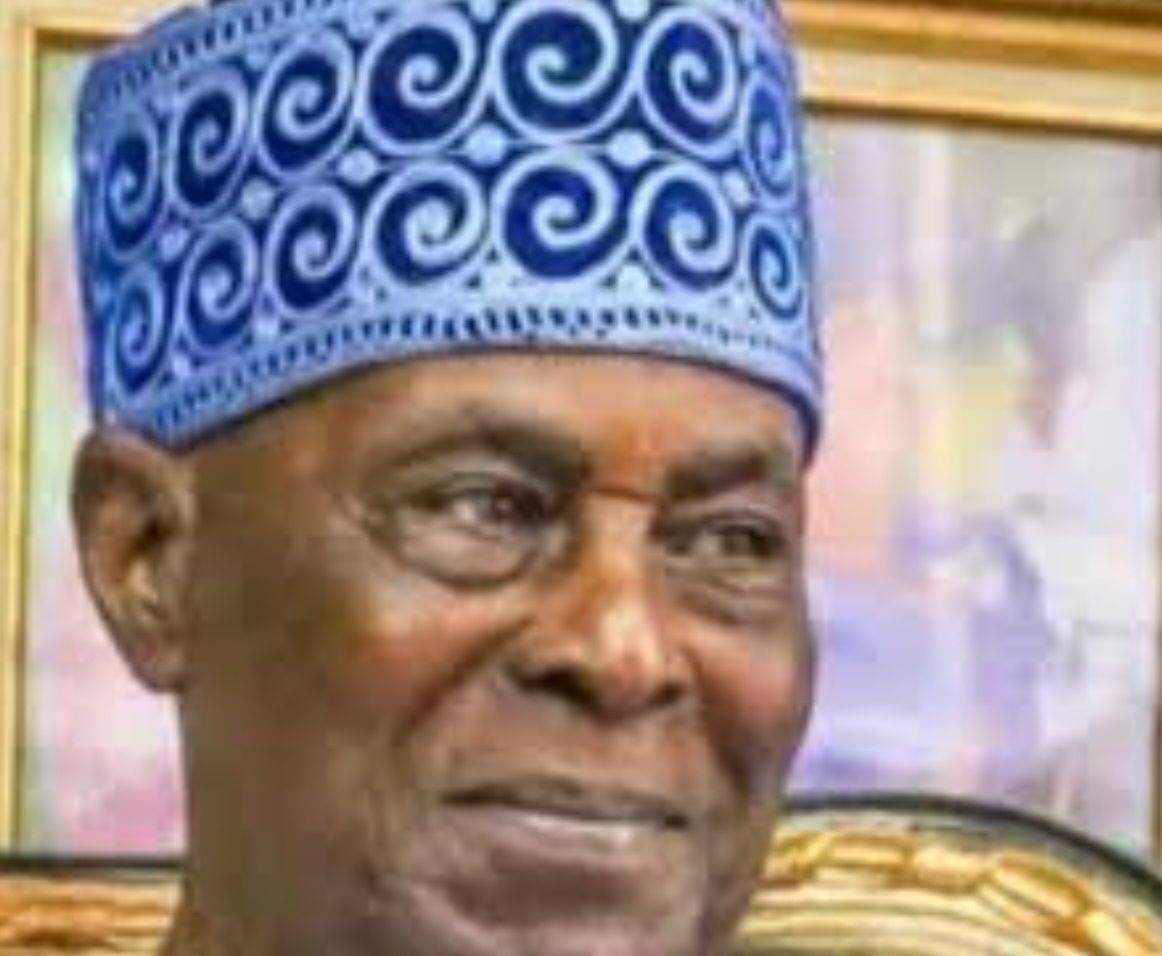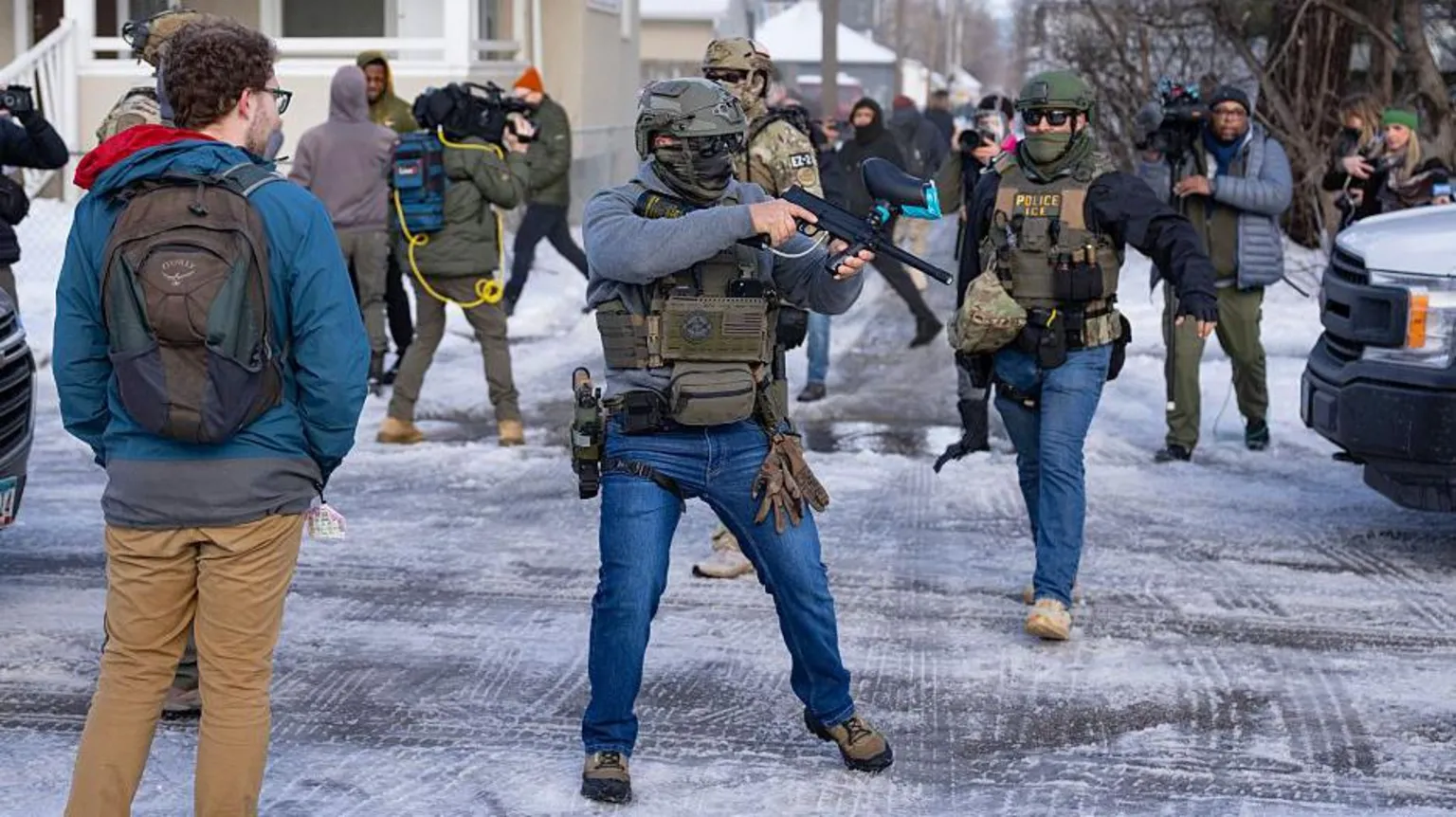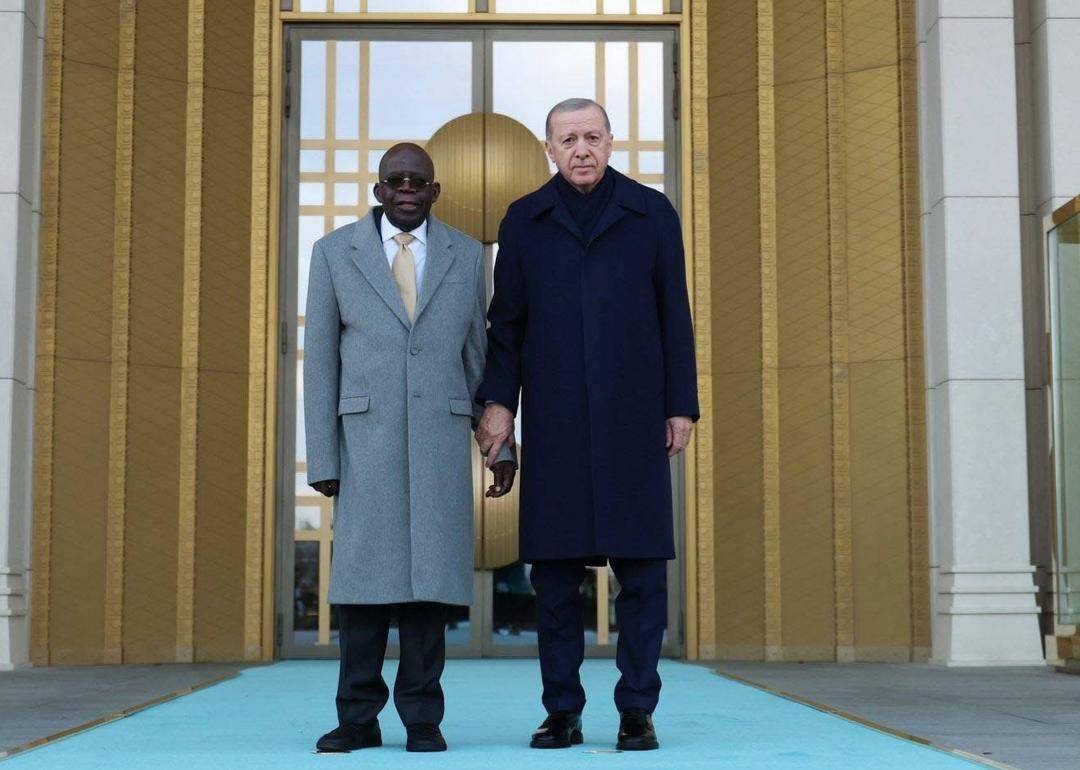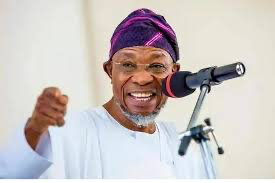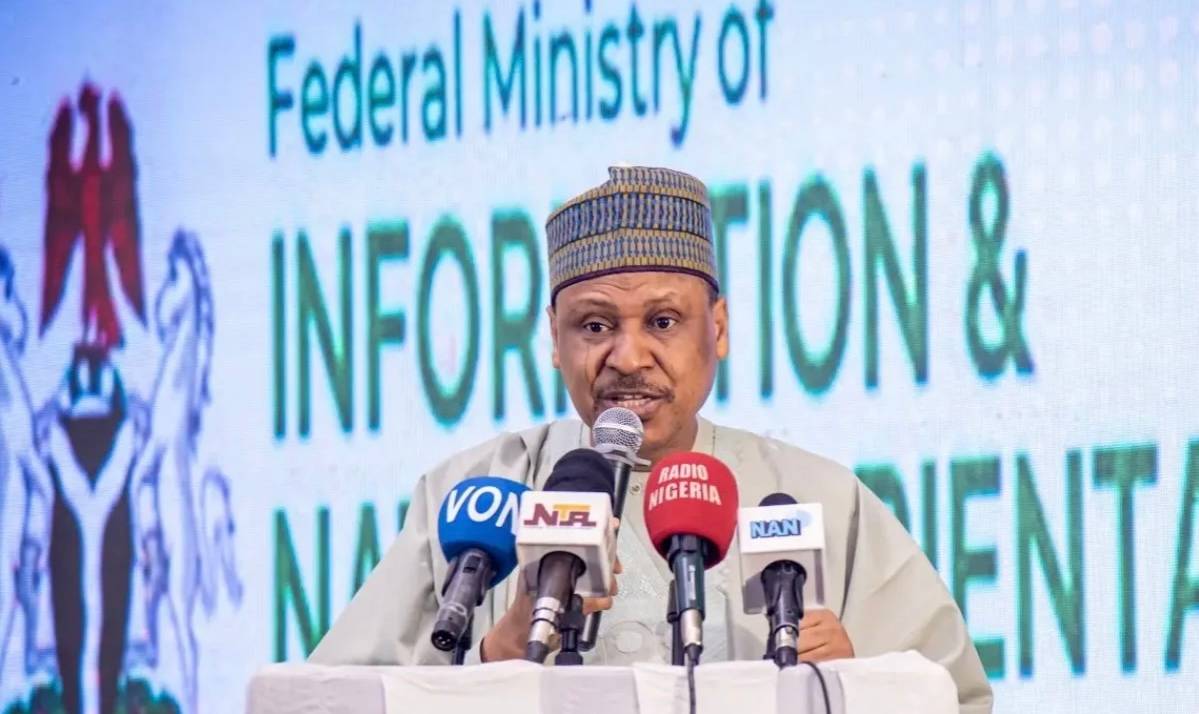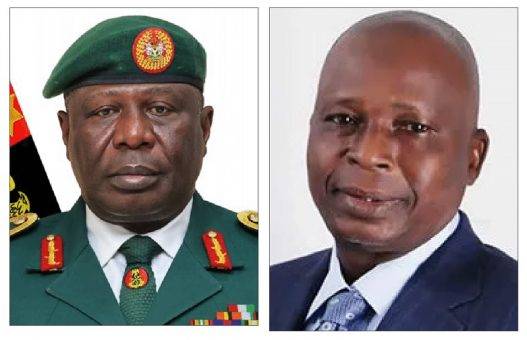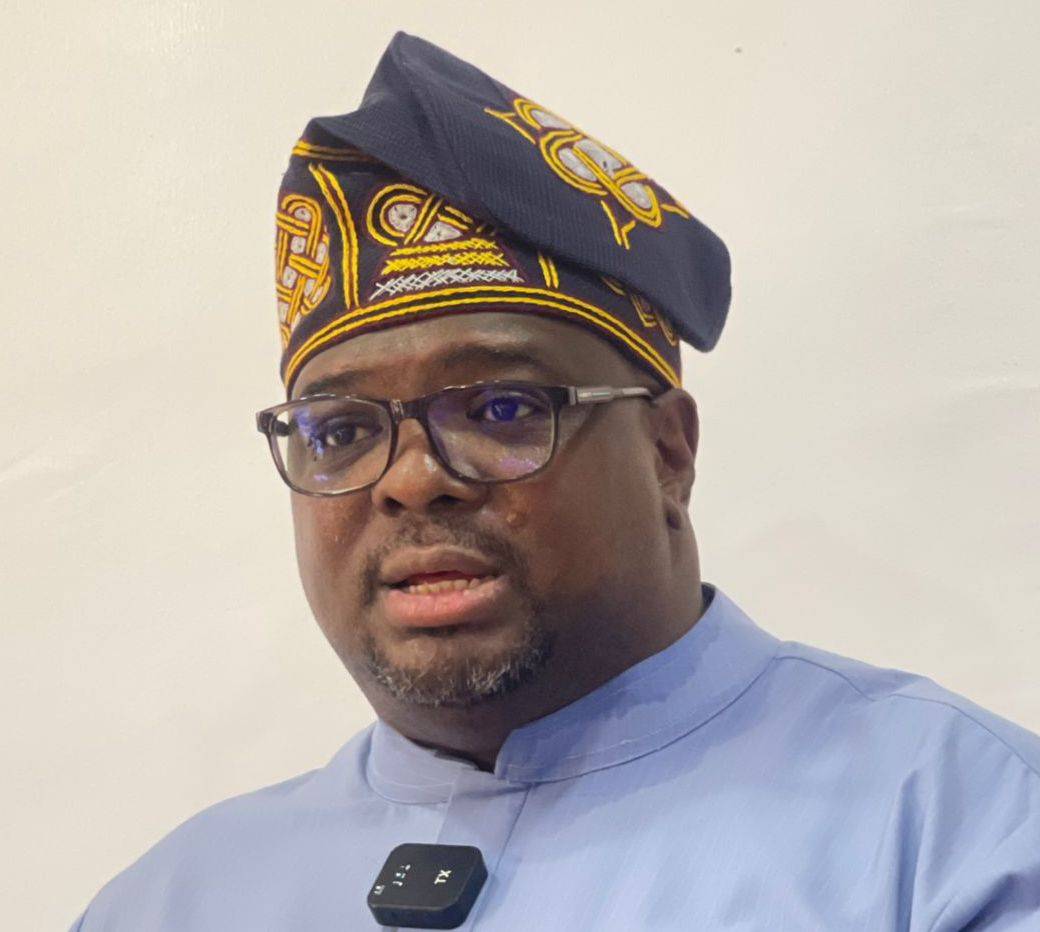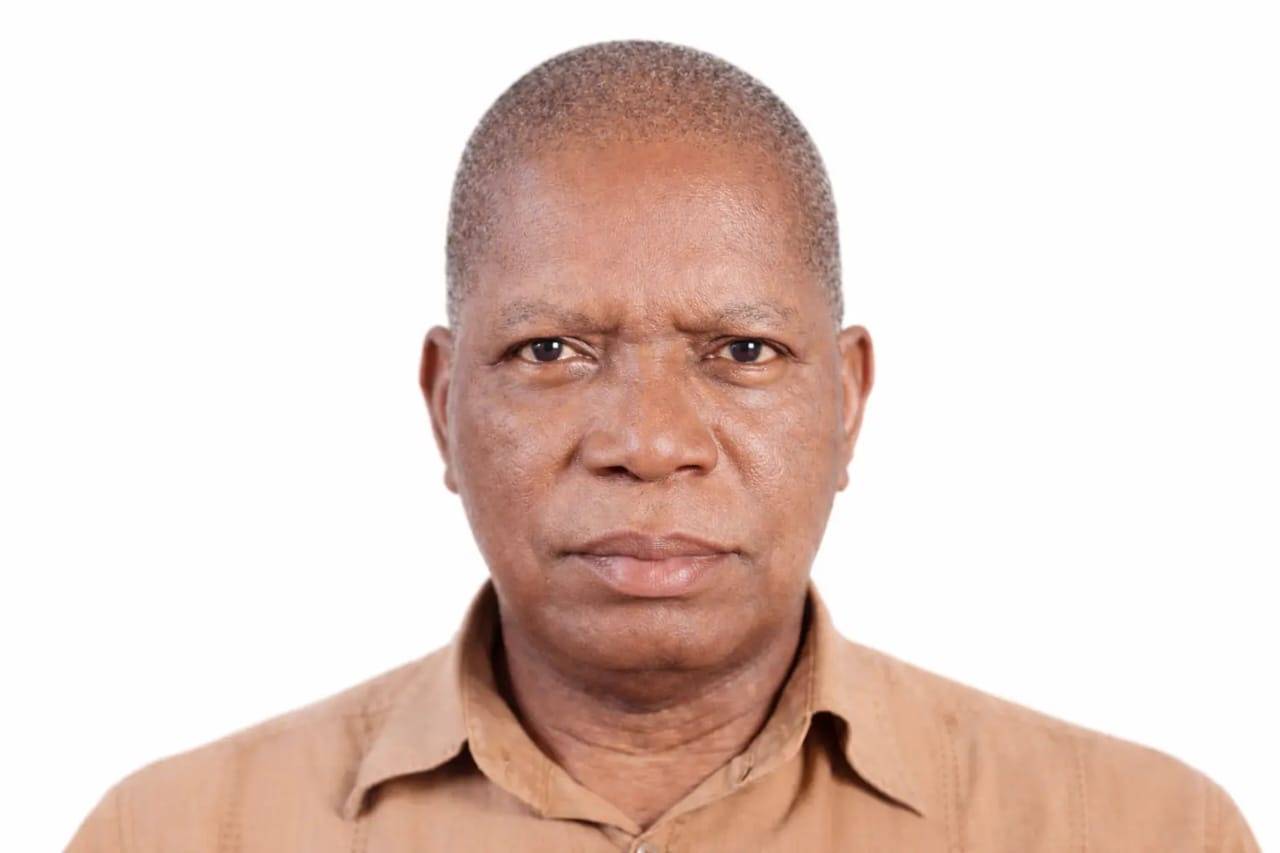By Hardball
The Guardian newspapers was set up as one of the best media outfits in a generation when it was born in February 1983.
In fact, it was the forte of liberals and intellectuals and every seminal mind strove to appear on its brilliant pages. So fervent was it that its founding publisher followed the liberal tradition and squared off against the army. He lost his life because he exercised an integrity that did not yield to a pettifogging military elite and its tyrannical ways.
So, when the same newspaper wrote a feature piece that read more like an editorial than a news feature, it was understandable that Bayo Onanuga, the president’s spokesman, roared his exception to the piece. Onanuga said the Guardian, by endorsing that piece, and its palpable pretension to a nuanced story was calling for the army to come back.
The Guardian has said no such thing was reflected in the article, and that it was a balanced piece. The newspaper that claims to pursue truth and conscience seemed, in this regard, to have lost its ability to assess a story worthy of journalistic excellence.
First, if any reporter wants to write about military intervention against a democratic government, it should at least hear the point of view of that civilian administration. Maybe they made an attempt, but there is no evidence in that long piece of any comment or refusal to make any comment from the government. Is that their view of balance? They definitely did not reach Onanuga or his staff for comment.
Two, the piece did not document the various views about the anti-democratic protests, especially in the North. Did they interrogate the report from the office of the National Security Adviser that the calls were sponsored by outside forces? No, the paper did not find that worthy of mention. The NSA, Nuhu Ribadu, also said some of the protesters were sponsored by aggrieved politicians. Was that reflected in the reporting? Of course not.
Two politicians who did not feel happy with the government of President Bola Tinubu made comments that implied a call for the end of democracy. The first was former President Goodluck Jonathan, who said so when he commented on his frustration about the judiciary. The second was former Governor of Rivers State and former Minister of Transportation, Rotimi Amaechi, who in an undisguised tone, said people should protest not only against the government but that they should protest against voting.
That implied that there was a partisan aspect to the call for the military. Did The Guardian interview politicians from both sides and why some of them seem to be asking for the army to come back? It was a very narrow way of looking at a story as complex as democracy and the army.
The report also referred to the harsh policies of the Tinubu administration. Did they look at the policies and what was harsh about them? Did they look at his policies aimed at mitigating the situation? This might have been the value of probing the government part of the story.
They would have spoken about the palliatives, however flawed. They could have referred to the CNG programmes, the student loan, the credit schemes, the agricultural programmes, the oversubscribed bonds, and other facts.
They could have looked at whether all the candidates of the last elections promised the same policies? These were not part of the story because The Guardian did not do the balancing act, often needed in such a story.
The story condemned the coming of the military, to be sure, but it was like speaking from both sides of the mouth, and it is a disguised way of trying to dodge culpability. Of course, illustrating the story with pictures of military tanks would not flatter a democrat about that so-called balanced story.
Hardball does not believe Alex Ibru, its founding publisher, would celebrate in his grave over what some editors and writers in the newspaper have written, especially when they did not suffer in the media or who did not know what journalists went through when the army oppressed Nigeria.
Credit: The Nation


